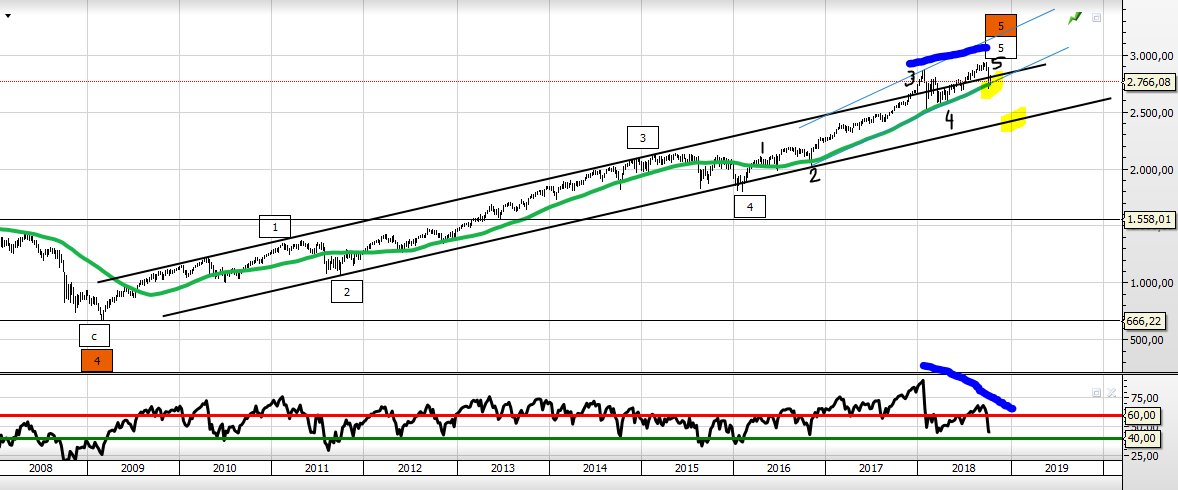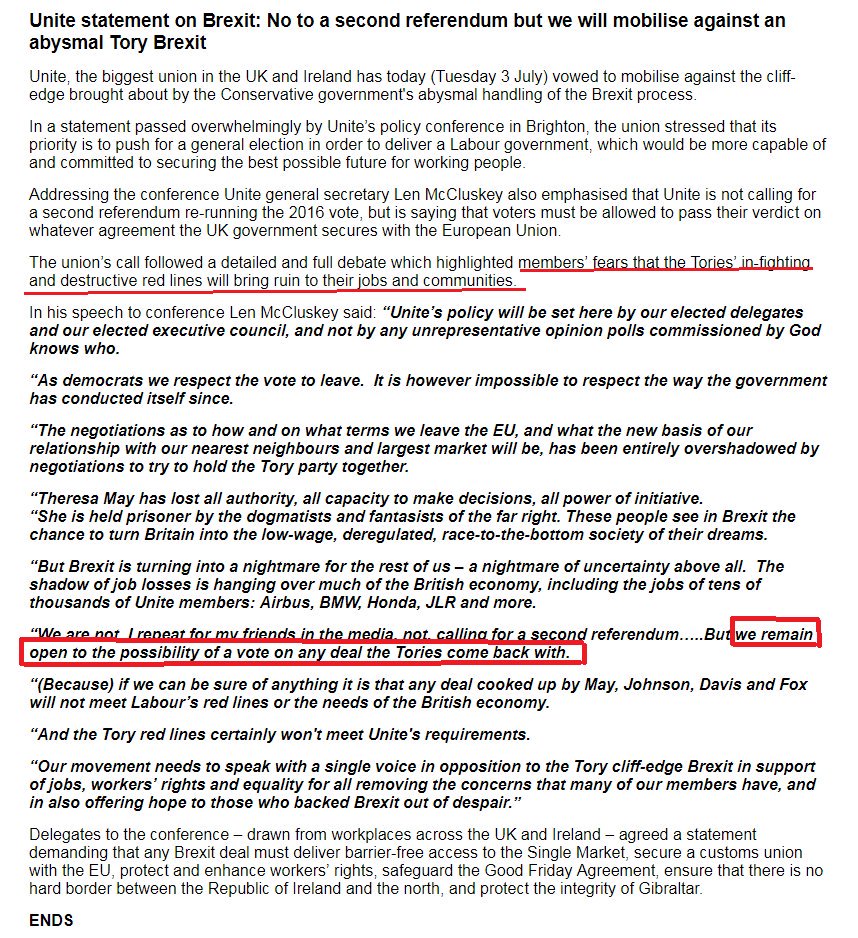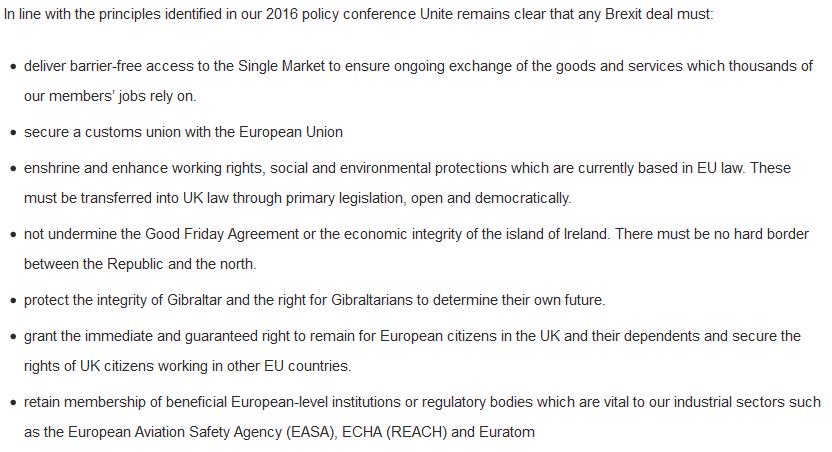These 20 reminders from @GuitarMoog,
and this amplification of part of that thread by @ottocrat,
Let’s take, as our experiment, the Financial Transaction Tax (FTX.) This tax has had a troubled history. It’s been proposed since 2014, but it still to get off the ground.
en.wikipedia.org/wiki/European_…
Bloomberg reported, earlier this month, that finance ministers from 10 EU countries were going to try again.
bna.com/eu-restart-fin…
The problem is that lots of those transactions will take place in London. George Osborne was so concerned by the original proposal he threatened to take the EU to court.
theguardian.com/politics/2014/…
(He did go to the CJEU and lost theguardian.com/business/2014/… but the court allowed the UK to go back and challenge again once the FTX had been defined.)
What is the UK to do?
But, you cry, we have the option to return to the CJEU and challenge it again?
One of the big benefits EFTA/EEA proponents see in their solution is the lack of oversight of the CJEU. Once we’ve left, we have no right to ask the CJEU to rule on the FTX (or anything else.)
Let’s see what form that consultation takes?
This EFTA document efta.int/eea/decision-s… outlines how EFTA states participate in the decision shaping process.
The experts may well attest that any FTX will have a deleterious effect on the City
And if the UK, as it undoubtedly will, wants to comment on proceedings and put its case?
And, in the particular case of financial services, it gets worse.
Here’s the EFTA page for Financial Services efta.int/eea/policy-are…
So, what happens now to the FTX? It’s decided by EU committees and sub-committees and working groups.
And the 10 or so member states march serenely on.
But we’re members of EFTA, we can just argue that EFTA doesn’t have to implement nor be affected by the tax. Except, that pesky link on Financial Services, again:
And, due to the extra-territorial nature of the tax, it will be relevant, so will be incorporated.
History shows that the EU, when faced with non compliance from a related party, simply ups its pressure until the party gives in.
So, even if the UK did use RoR, it wouldn’t be there for very long.
See Norway for an example.
As @ottocrat points out in his thread, this is democratically unacceptable.
It’s time to stop flogging that dead horse. The only options are either campaigning to Remain, by whatever means or campaigning to Leave on the best possible terms.





